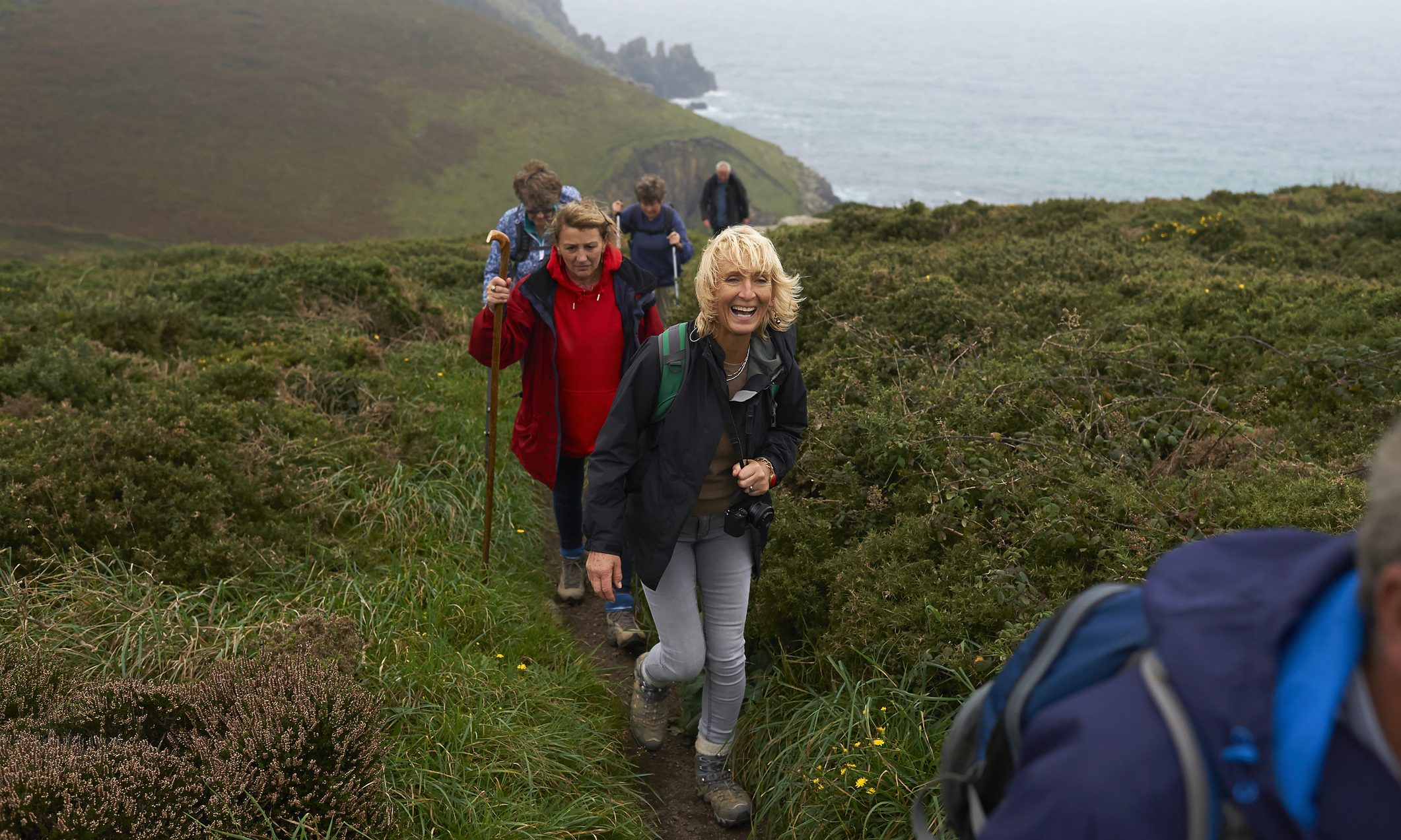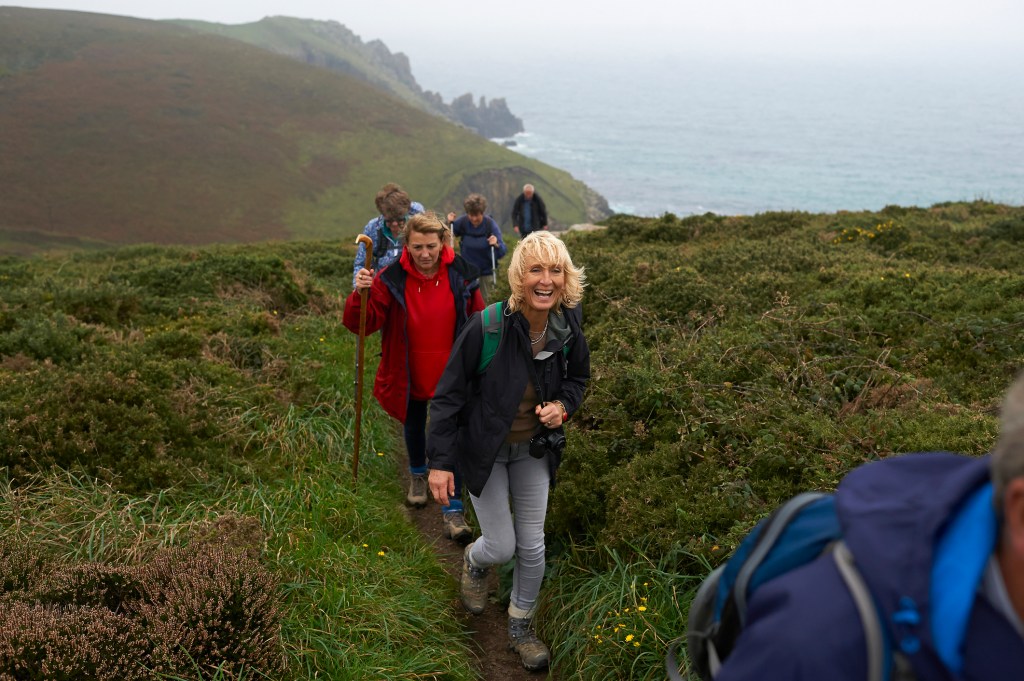

In a new book summarizing one of the longest happiness studies ever completed, researchers reveal that it’s not what you do for exercise but who you do it with that matters.
Videos by Outdoors
The book, called The Good Life, details the results of the Harvard Study of Adult Development, which has been ongoing for more than 80 years. During that time, a team of researchers has consistently followed the lives of more than 700 people, taking regular measurements to determine both physical and psychiatric health.
Perhaps predictably, the researchers found that money could not—and did not buy—happiness. The healthiest and longest-lived study participants weren’t necessarily the wealthiest people or the folks with the most prestigious jobs. They also weren’t necessarily the most active or the healthiest eaters. Instead, they were the people who invested more time and energy in their relationships.

“The people who were the most satisfied in their relationships at age 50 were the healthiest at age 80,” Robert Waldinger, author of the new book and lead researcher on the study, said in his TED Talk on the subject.
While strengthening your relationships at work or home is critical, other research suggests that you could reap even greater health rewards by flexing your social muscles on the trail or in the gym.
We already know that exercise can help you live longer and stay healthier—even if it’s not as significant a factor as social relationships. But, as it turns out, there’s a strong relationship between the two.

“Past research has shown that people who feel more connected in their exercise class attend more sessions, arrive on time, are less likely to drop out, are more resistant to disruption, and are more likely to have greater mental benefits from the exercise,” wrote psychology professor Alison Phillips in an article featured on the Washington Post. Other research demonstrates that working out with a friend or in a group tends to increase the time spent exercising, the intensity of the exercise, and the reduction in stress hormones that comes as a result of the exercise.
Waldinger’s findings suggest that strong relationships are a key component to longevity because stress and loneliness can take years off your life. If you can turbocharge your social time by incorporating exercise (or vice versa), your wellness gains could be even more significant.
So, the next time you go for a hike, walk, or run, consider inviting a friend—or several—to come along for the ride.









